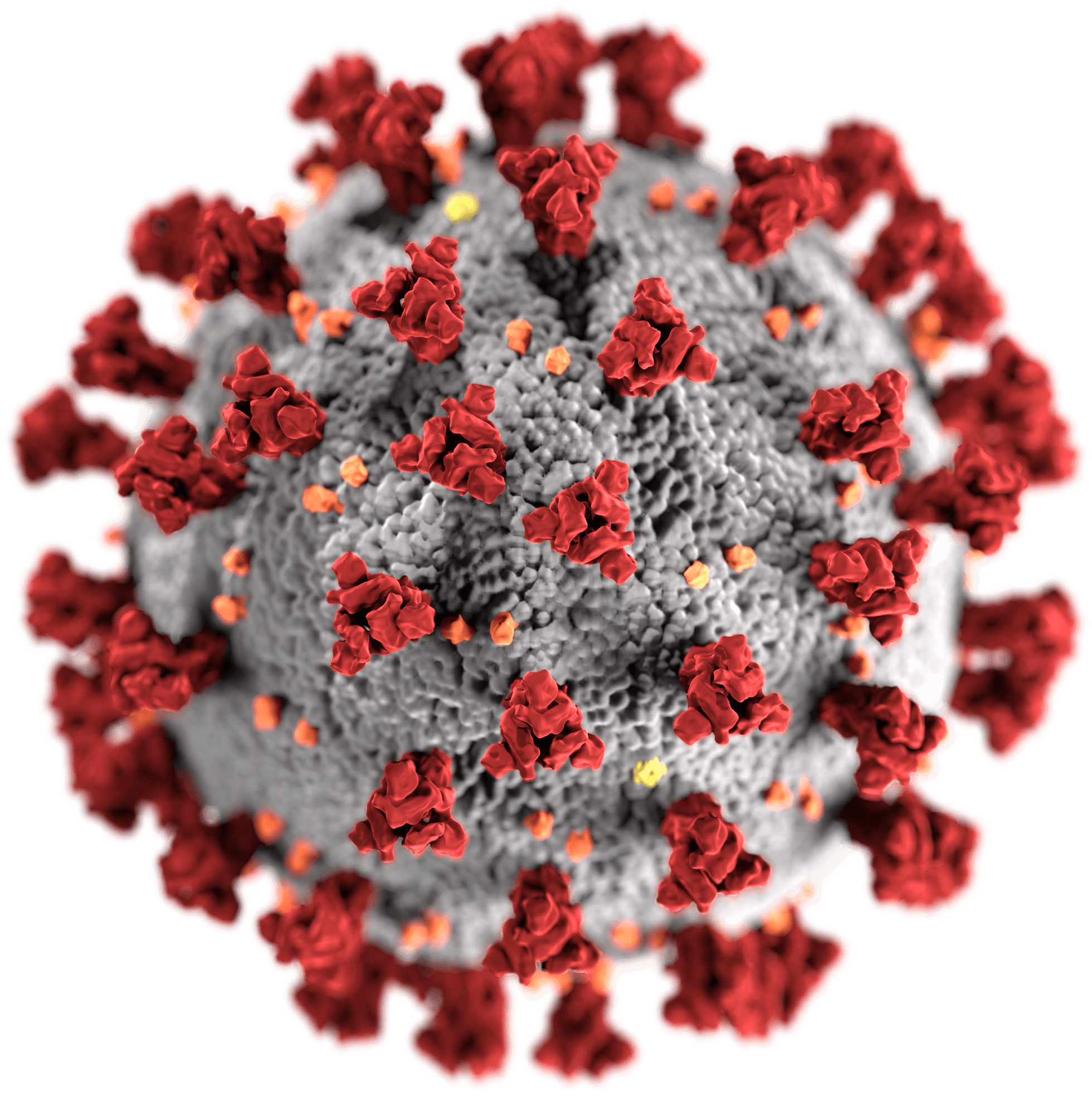
Covid-19
ETC Member Companies are on the Front Line of the COVID-19 Fight
The COVID-19 Pandemic has placed our country into very uncertain and challenging times. Classified as “Essential Critical Infrastructure Workers” by the U.S. Department of Homeland Security’s Cybersecurity and Infrastructure Agency Guidance, ETC member companies have been on the front lines working to remediate and decontaminate COVID-19 impacted areas. As states across the country establish protocols for safely reopening restaurants, retail establishments, schools and other facilities, our member companies are engaged with the private and public sectors to ensure every workplace and public environment is free from the dangers of the COVID-19. In doing so, they are also ensuring the safety of their own workers by having them undergo very detailed and lengthy training and protocol sessions (as seen in the link below).
With several states reporting spikes in COVID-19 cases, our members are working around the clock decontaminating healthcare facilities and many other facilities where exposure to COVID-19 has been reported. We are also working diligently at our many RCRA facilities around the country to quickly and properly dispose of the large amount of hazardous and infectious COVID-19 waste accumulating at hospitals and testing sites. These activities are similar to the ones carried out by our member companies during the Ebola crisis our country experienced a few years ago.
As was the case during the Ebola crisis, ETC members are using approved EPA and CDC decontamination and disinfection methods to address COVID-19 impacted areas. In addition, they are also safely transporting and properly disposing of medical waste generated during the treatment of COVID-19 infected patients. The work our member companies do is critical to keeping our country up and running and this work is aligned with the most stringent federal, state and local guidelines for public safety.
ETC member companies have responded to incidents and national emergencies of all sizes, even working with OSHA, CDC and DOT to develop a guidance document on the handling of Category A solid waste such as Ebola and COVID-19 contaminated waste.
